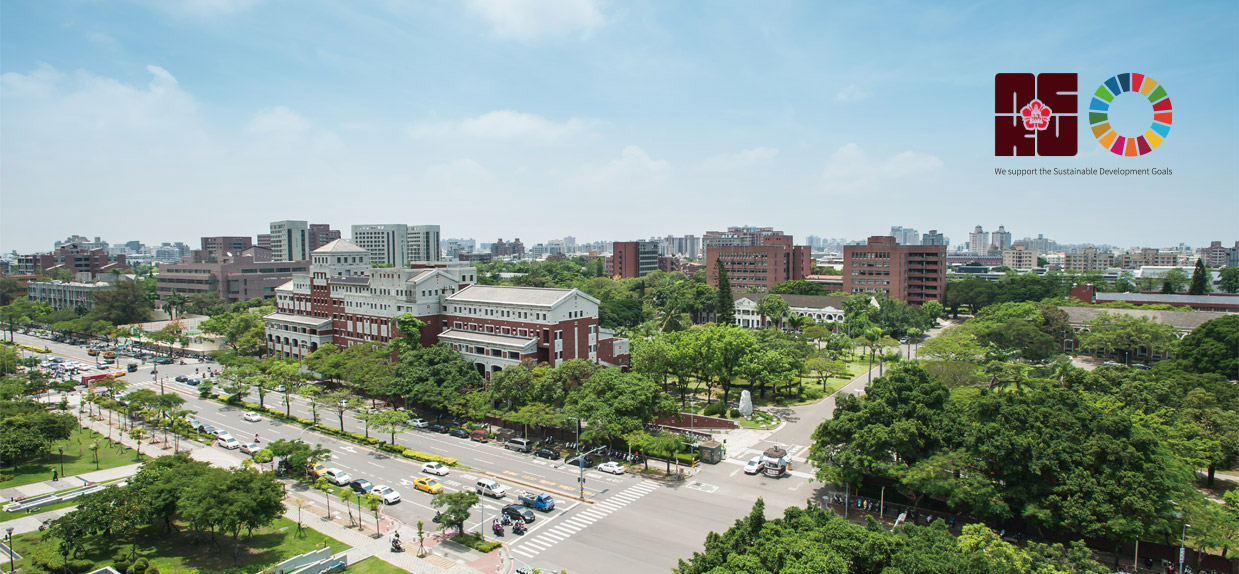Comprehensive Water Conservation Measures
National Cheng Kung University (NCKU) is deeply committed to creating a sustainable campus, guided by our official Green Building Regulations. We implement comprehensive water conservation measures across all facilities, integrating green technologies into both new constructions and renovations. Key strategies include high-efficiency water storage, water reuse systems, and on-site wastewater treatment plants that recycle water for irrigation, establishing a self-sustaining campus water cycle.
Zero-Carbon Innovation: Magic School of Green Technologies
A prime example is the "Magic School of Green Technologies," Taiwan's first zero-carbon building. It features advanced rainwater harvesting systems and eco-ponds, reducing energy consumption by 65% while promoting natural water circulation. Throughout the campus, all fixtures are certified with a water-saving label, and large areas are covered with permeable pavements to enhance groundwater recharge.
Recognition and Green Building Certification
Our success is validated by numerous national Green Building Labels. The "Magic School of Green Technologies" has achieved the highest Diamond-level certification, while other facilities such as the Engineering Tri-department Complex and the Hydraulic and Ocean Engineering Building have earned Silver-level status. These awards, which assess criteria such as site water retention and water resource management, affirm NCKU’s leadership in sustainable water conservation and its dedication to embedding this philosophy into daily campus life.
National Cheng Kung University (NCKU) is deeply committed to creating a sustainable campus, guided by our official Green Building Regulations. We implement comprehensive water conservation measures across all facilities, integrating green technologies into both new constructions and renovations. Key strategies include high-efficiency water storage, water reuse systems, and on-site wastewater treatment plants that recycle water for irrigation, establishing a self-sustaining campus water cycle.
Zero-Carbon Innovation: Magic School of Green Technologies
A prime example is the "Magic School of Green Technologies," Taiwan's first zero-carbon building. It features advanced rainwater harvesting systems and eco-ponds, reducing energy consumption by 65% while promoting natural water circulation. Throughout the campus, all fixtures are certified with a water-saving label, and large areas are covered with permeable pavements to enhance groundwater recharge.
Recognition and Green Building Certification
Our success is validated by numerous national Green Building Labels. The "Magic School of Green Technologies" has achieved the highest Diamond-level certification, while other facilities such as the Engineering Tri-department Complex and the Hydraulic and Ocean Engineering Building have earned Silver-level status. These awards, which assess criteria such as site water retention and water resource management, affirm NCKU’s leadership in sustainable water conservation and its dedication to embedding this philosophy into daily campus life.





